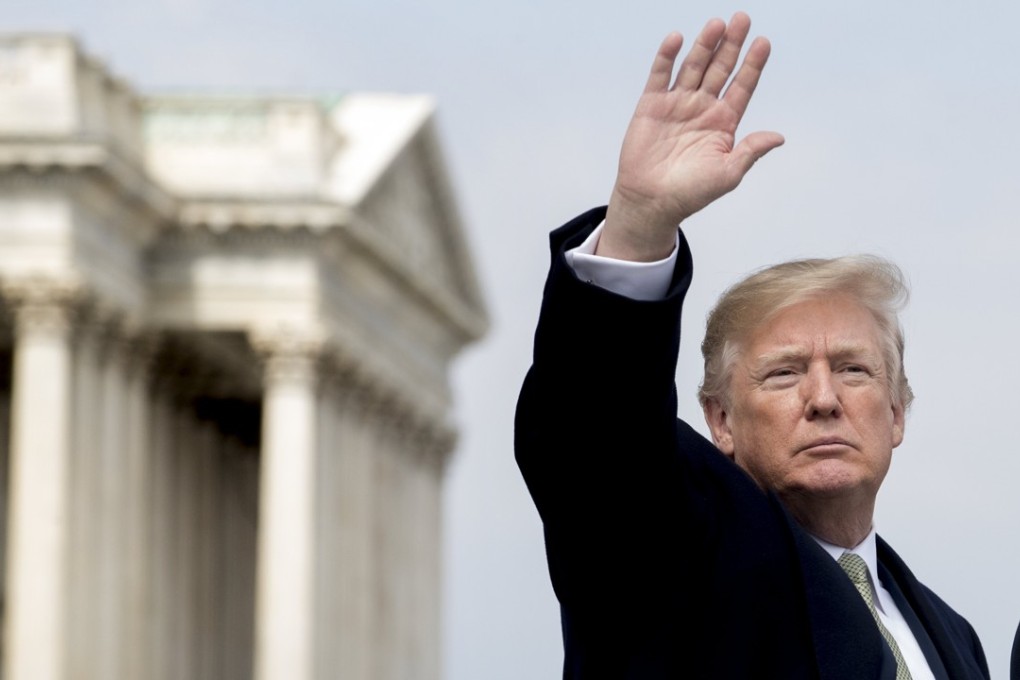Advertisement
How Trump’s trade tariffs may release the four horsemen of economic apocalypse
Anthony Rowley says that once the targets of Trump’s trade tariffs retaliate, currency wars may follow, then financial calamity, followed by collapsing confidence in an era of widespread debt
Reading Time:3 minutes
Why you can trust SCMP

Trade wars of the kind that could ensue if US President Donald Trump follows through with his threat to levy tariffs on steel and aluminium imports would be bad enough in themselves. But the series of shocks these might entail for the global economy could be much worse.
Trade wars could easily lead to currency wars, in which exporting nations (in other words, virtually every country in today’s globalised economy) seek to devalue their currencies as a way of “getting under” rather than around tariff walls.
Volatile currencies imply volatile financial markets and international capital flows. These, in turn, imply gyrating stock and bond prices, and even those of other assets such as real estate. All this could easily morph into another global financial and economic crisis.
Advertisement
The dogs of war are baying louder every day it seems as Trump, probably supported by his proposed new secretary of state, Mike Pompeo, threatens protectionist actions against China and other key trade partners.
The hounds could thus become the four horsemen of the apocalypse – not the Biblical scourges of death, famine, war and pestilence, but trade wars, leading to currency wars, financial turbulence and crashing confidence.
Trump is impetuously turning campaign rhetoric into action, and that’s cause for concern
Advertisement
Select Voice
Choose your listening speed
Get through articles 2x faster
1.25x
250 WPM
Slow
Average
Fast
1.25x